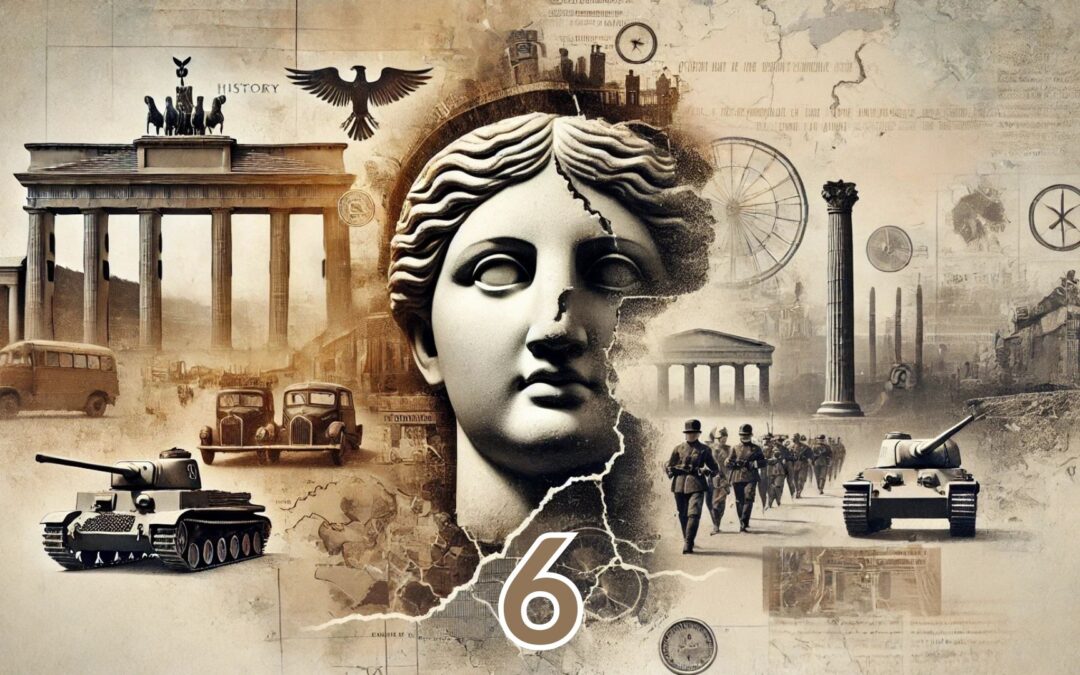“Knowledge is power.” We’ve all heard it. A timeless proverb whispered across classrooms, written in bold font across motivational posters, and muttered as a personal mantra in those striving for achievement. But like anything potent, this statement should be handled with care and understood in context.
Let’s unpack that. Knowledge fuels decision-making. Think of the doctor equipped to make that life-saving diagnosis because of years of accumulated study. Or even something as simple as choosing the right ingredients for a meal – all because we have the knowledge of what tastes good together. This power isn’t always about life-or-death situations; knowledge lets us navigate our daily routines with increased effectiveness and ease.
Yet, like any tool, knowledge has appropriate and inappropriate applications. Imagine someone leveraging their understanding of psychological tactics for manipulation. That’s a dark side of the equation, highlighting that just because knowledge is power doesn’t always mean it’s used for good. In those cases, it’s a sobering reminder of responsibility that comes with increased understanding.
Where might the phrase “knowledge is power” fall flat? Think of emotional intelligence. Some scenarios demand empathy and compassion more than raw facts. Or picture dealing with those in deep grief; even our finest understanding of psychology might be less useful than simply being present and offering support. The adage loses its sheen if we believe pure intellect supersedes every other human quality.
Alright, curious ones, where did this famous phrase even come from? It’s often attributed to Sir Francis Bacon, the 16th-century philosopher. In his work “Meditationes Sacrae” he said, “ipsa scientia potestas est” – “knowledge itself is power”. Bacon was talking about how understanding nature (which was heavily linked with science back then) allowed us to unlock its potential. Later, in the work “Leviathan”, philosopher Thomas Hobbes (fun fact: Hobbes briefly worked as Bacon’s secretary) penned it closer to the version we use today – “scientia potentia est”, or “knowledge is power”.
In a world overloaded with information and opinions masquerading as facts, it’s good to remember: true knowledge needs vetting. Seeking a variety of credible sources, not just those fitting our existing worldview, is essential before feeling that sense of “power” knowledge truly bestows.












0 Comments